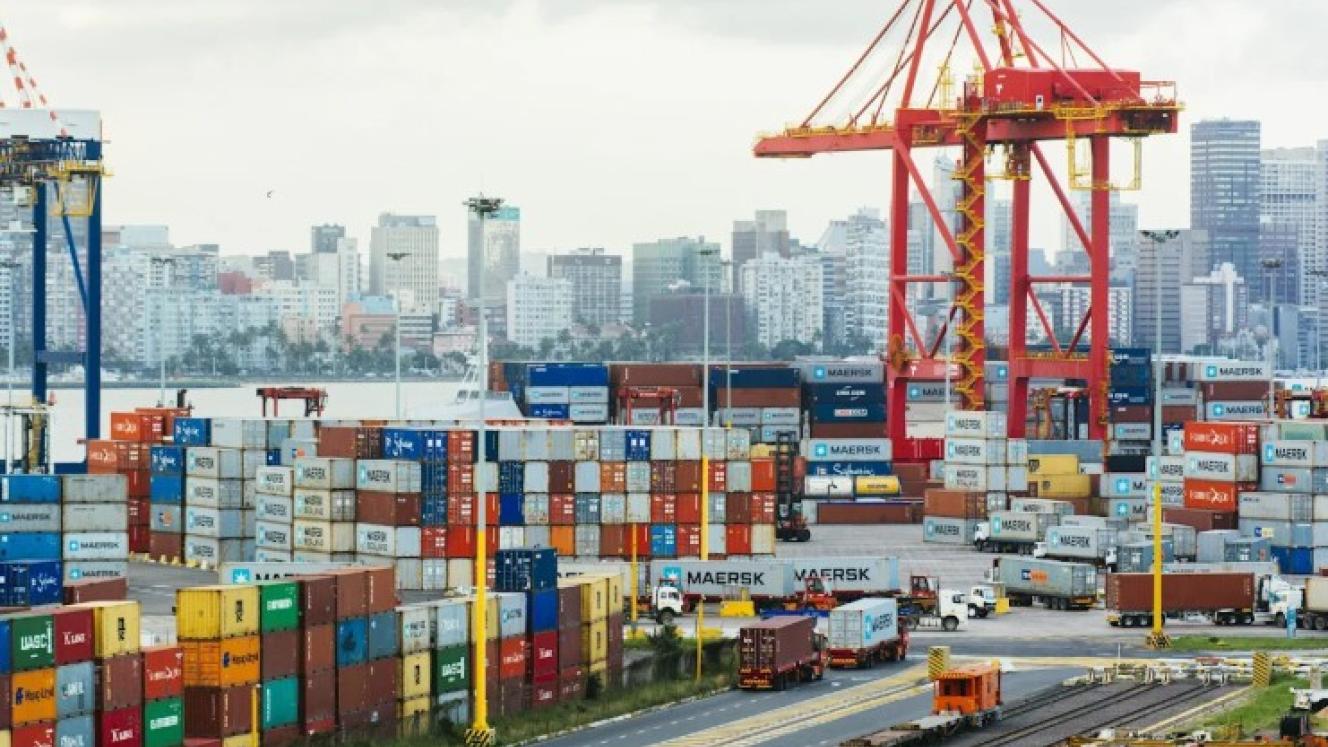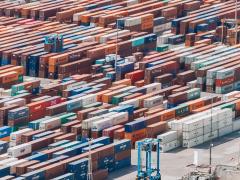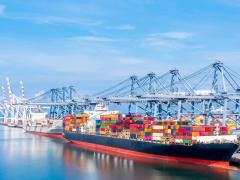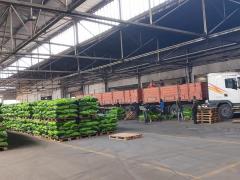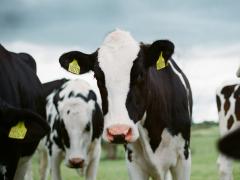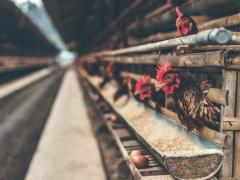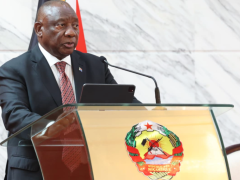Chinese Ambassador Wu Peng has called for stronger bilateral trade and economic cooperation between China and South Africa.
In a post on X, he said the Chinese government would welcome more South African agricultural and industrial products entering the huge Chinese market.
“I had a good meeting with Dr Ntshabele, CEO of the Citrus Growers’ Association of Southern Africa, and Ms Ratshitanga, CEO of Fruit SA. Very fruitful discussion,” he said.
“In this turbulent world caused by trade protectionism, China and South Africa need to strengthen our bilateral trade and economic cooperation.
“Chinese government welcomes more South African agricultural and industrial products to enter huge Chinese market.”
“Chinese officials' statements should always be taken with considerable seriousness, especially when it comes to matters of trade,” said agricultural economist Wandile Sihlobo.
“China has profound importance in global agriculture. In 2023, China was a leading importer, accounting for 11% of global agricultural imports, with imports valued at $218 billion. The leading suppliers of farm products to China are Brazil, the US, Thailand, Australia, New Zealand, Indonesia, Canada, Vietnam, France, Russia, Argentina, Chile, Ukraine, the Netherlands and Malaysia.
“However, China has been on a journey to diversify its agricultural exports beyond these suppliers, which has accelerated following the US initial tariffs in 2018 and is ongoing in 2025.”
South and Latin American countries, as well as Australia, have been the primary beneficiaries of China's diversification strategy so far.
But South Africa must also be part of this conversation, says Sihlobo. “And what Ambassador Wu Peng raises — China’s interest in South African agricultural products — is a starting point for a deeper trade conversation.
“The first step will have to be for South African authorities to approach China to present a range of products that can be exported, and then build from there.”
He points out that South Africa remains a negligible player in the Chinese agricultural market, accounting for a mere 0.4% ($979m) of China's agricultural imports of $218bn in 2023. These exports include a variety of fruits, wine, red meat, nuts, maize, soybeans, and wool.
“However, there is room for more ambitious agricultural export efforts.
“The South African agricultural sector—organised agriculture and researchers—consistently points out the need to lower import tariffs in China and remove phytosanitary constraints on various products.
“There is now a pathway to have a productive conversation about this matter and move with speed.”

